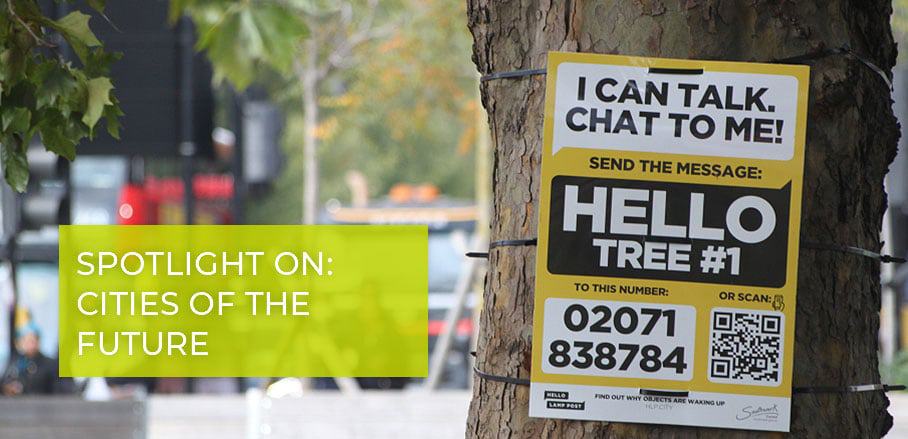Civic Technology for Participatory Cities of the Future
Advanced by the COVID-19 pandemic, cities are experiencing a surge in technological innovation. Among them, civic technologies hold promising solutions towards more citizen participation, argues Francesca Esses.
As cities continue to expand and demographics diversify, it has become challenging for governments, on a local level, to make informed decisions representative of the local population. Through town hall meetings and public hearings, traditional means of public engagement are no longer sufficient in attaining meaningful citizen input to policy and decision making. These types of engagement methods have come under criticism for their inaccessibility, timelines, and representation of the broader demographic of modern society.
How has COVID-19 Impacted Technological Innovation?
Winston Churchill is famously quoted as saying, “Never let a good crisis go to waste”. History would suggest that pandemics have forced humans to embrace change, described as a ‘portal’ from the old world to the next. COVID-19 has created an unparalleled opportunity to reimagine technology’s role in shaping society. It is anticipated that a surge in technological innovation will materialise from the pandemic and the subsequent economic instability.
Concerning smart cities, the COVID-19 pandemic has been referred to as the “lubricant” for further development in this area. There has been a significant rise in civic tech projects globally as a direct response to the pandemic: organisations such as Code for Japan, Code for Germany, and Code for Pakistan have all launched several projects in response to the virus. We’ve already seen civic tech initiatives across Africa implemented as a direct response to the pandemic; the Civic Tech Innovation Network referenced at least 140 initiatives across the continent.
Civic technologists also created a comprehensive COVID-19 data platform available at global.health, described as the first easy-to-use global repository, enabling open access to real-time data containing over 30 million anonymised cases in over 100 countries. The data curated on the site aims to help epidemiologists monitor the trajectory of the virus and track variants. A list of other corona-focused civic tech initiatives can be found here.
Responsible Living
Restrictions put in place due to COVID-19 have positively impacted the earth’s climate, resulting in a pollution reduction, with carbon emissions falling globally. We’ve all seen the images of smog-free skies over the notoriously muggy cities across the world. According to reports, overall carbon dioxide emissions dropped by 7 percent compared to 2019. It’s argued that a more socially conscious and responsible consumer is likely to emerge post-pandemic, with a greater focus on sustainability, responsible living, and carbon footprint.
What is the Hello Lamp Post Project?
Civic technology is congruent with this sentiment. Hello Lamp Post, for example, teamed up with the Southwark Council and Traverse to support action for climate change. Due to their proximity to central London and the River Thames, air pollution and flooding were two direct issues that Southwark Council was concerned about.
The project enables SMS conversations with trees, bins, and flagpoles, so that the community is reminded about the importance of tackling climate change, how the council is planning on overcoming the Borough’s environmental challenges, as well as people being encouraged to share their own views and methods on how to make an individual and collective impact.
The technology allowed citizens to give their thoughts and ideas on how to tackle the climate crisis. The conversations between objects and players were extremely insightful. People had a variety of helpful contributions, which were fed back to the local decision-makers, ranging from factors that would affect recycling habits to traffic-reducing measures. This project showcases the perfect example of citizen participatory technology and its relevance to the future of urban planning.
Civic technologies such as Hello Lamp Post enrich users’ lives, adopting a bottom-up approach to their operations. Central to their ethos is social responsibility, engaging users, and giving back to the local communities. These core values are congruent with the expected consumer trends that are likely to emerge on the other side of the pandemic.
For more information on Hello Lamp Post and the role of Civic Technology post-pandemic, visit their website, alternatively get in touch with a member of the team by email at contact@hlp.city.
- Civic Technology for Participatory Cities of the Future - 17. August 2021
